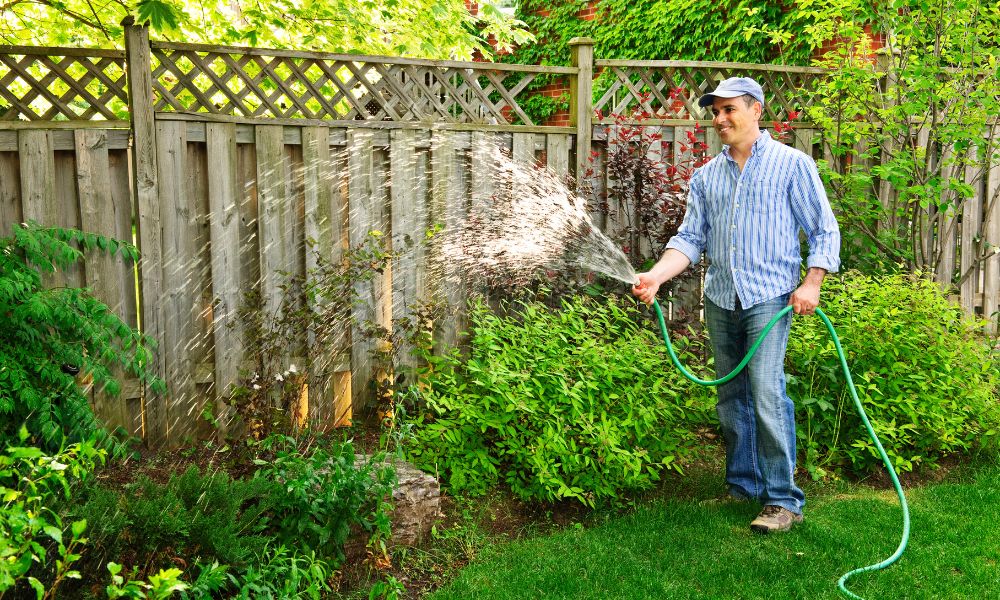Growing a garden is a satisfying experience, and many people enjoy eating the fruits and vegetables of their labor. While some crops thrive in the summertime, sudden heat waves may be too much for even the heartiest vegetables. Use these helpful tips if you’re wondering how to help your crops survive the summer heat that can make things easier for you and your garden.
Know When To Water
Water is more important than ever during the summer since the sun’s rays can dry out your soil and remove moisture. You want to water your plants when the temperatures are lower, ideally early in the morning or as the sun begins to set. If you choose to water in the morning, you may want to add some extra water to help your plants flourish throughout the day. However, even in the most extreme heat, you want to be careful to avoid overwatering.
Avoid Pruning
An unfortunate reality about extreme summer temperatures is that some of your plant’s leaves will wither and dry out. It may be tempting to take some clippers and do some light pruning, but we advise that you resist the urge. Even browning leaves can provide the necessary shade to the base of your plants and keep things slightly cooler.
Consider Indoor Options
One way to help your crops survive summer heat is to consider some indoor options. These methods could be something as simple as setting up a canopy to try and provide some necessary shade or growing crops in a greenhouse. A sustainable and cost-effective way of indoor growing is to create a farm inside of a refurbished shipping container. One of the most significant advantages of shipping container farms is that growers can control vital factors such as temperature, humidity, and sunlight.
Layers of Mulch
Mulch is a beneficial part of growing vegetables because even a thin layer can dramatically help cool down your soil and keep your roots healthy. It can be challenging to check on your roots without removing them from the ground, so mulch is your friend in keeping it cool and locking in moisture.

